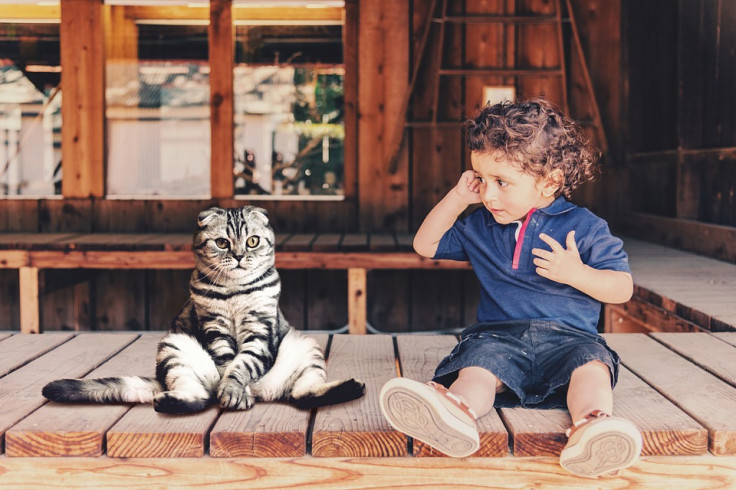Purrfect pals: Kids with autism may benefit from having a pet cat around
Children with autism who adopted shelter cats showed more empathy and reduced separation anxiety.
Having cats around will not just be good for adults who are seeking some comfort or company, but it will also benefit kids on the autism spectrum.
A new study showed that kids who have autism spectrum disorder (ASD) can greatly benefit from adopting a shelter cat. These felines can help improve empathy and can also reduce separation anxiety.
The small study was published in the Journal of Pediatric Nursing and highlighted how cat adoption was linked to improvement in behavioral problems such as hyperactivity or inattention, bullying, and externalising. The researchers also noted that both children and parents were able to establish strong bonds towards their pet, with many of the families ending up keeping the pet even after the study has ended. Cat adoption indeed has made a positive impact on children with ASD.
Eleven families who have children with ASD participated in the study. The children with autism were between the ages of six and 14. Researchers monitored the families for 18 weeks starting from the time that they adopted a shelter cat.
The researchers also picked the children who had a higher probability of responding well to a pet. They used anxiety scales and standardised social skills in selecting the participants. The cats were likewise chosen as they had a screening with regards to their temperament.
Gretchen Carlisle, the study author, and a research scientist at the University of Missouri's Research Center for Human-Animal Interaction said that cats, including companion animals as a whole, offer unconditional acceptance. They also listen well to those who simply want somebody to talk to.
Carlisle clarified that it doesn't mean cats are way better than dogs, reported US News. However, cats may be more suited for children with ASD due to the sensory issues that these children face. A dog's bark may overwhelm these kids, while cats would almost always sit quietly beside a person. Plus, parents may find it easier to care for cats as compared to a dog.
The researchers chose cats that were 10 months to four years old. They called the felines young cats but with an adult temperament. Carlisle noted that the adult temperament of cats would normally set in at 10 months.
While the study can be considered as small due to the number of families that were involved, it is very promising and a larger study would be welcomed.
© Copyright IBTimes 2025. All rights reserved.






















